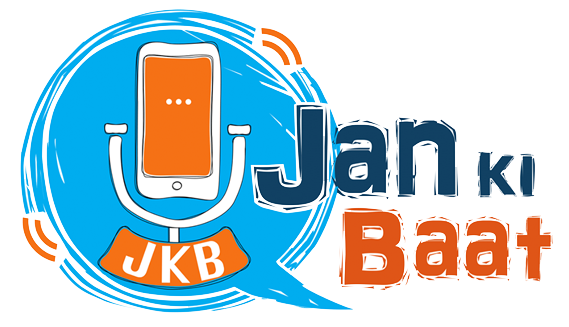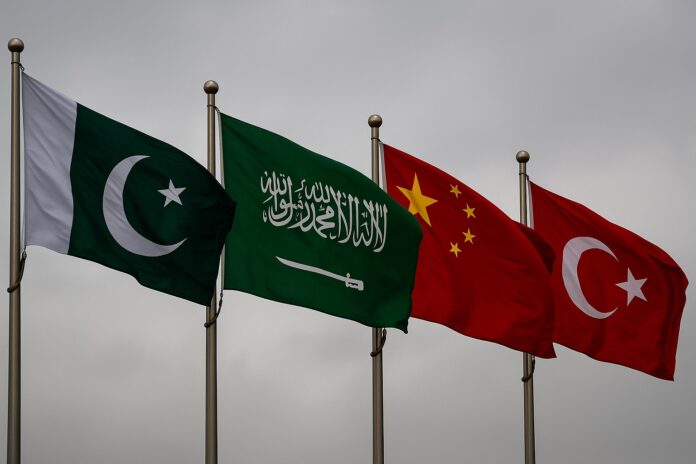The Organisation of Islamic Cooperation (OIC), representing 57 Muslim-majority nations and 1.5 billion Muslims, has long positioned itself as the voice of the ummah. Yet on China’s systematic persecution of Uyghur Muslims in Xinjiang, this voice has been conspicuously absent. Since 2019, the OIC has not condemned the detention of over one million Turkic Muslims in what China terms re-education camps. Instead, in March 2019, the organisation praised China for providing care to its Muslim citizens. This stunning reversal reveals an uncomfortable truth: economic dependencies have eclipsed religious solidarity.
The Belt and Road Bind
China’s Belt and Road Initiative has fundamentally altered the geopolitical calculus for Muslim-majority nations. Pakistan, once vocal about Muslim rights globally, now finds itself ensnared in economic obligations. The China-Pakistan Economic Corridor, valued at 62 billion dollars, has made China Pakistan’s largest trading partner. In 2024, Chinese exports to Pakistan reached 20.2 billion dollars whilst Pakistani exports to China stood at 2.8 billion dollars. This asymmetry has purchased Pakistan’s silence.
Saudi Arabia presents an equally stark transformation. China has become the Kingdom’s largest trading partner, with bilateral trade exceeding 78 billion dollars in 2022. Chinese investments under the Belt and Road Initiative have averaged 5.5 billion dollars annually. In 2019, Saudi Arabia joined 36 nations in signing a letter commending China’s counter-terrorism measures in Xinjiang, effectively endorsing policies that international observers have deemed crimes against humanity.
The United Arab Emirates mirrors this pattern. Bilateral trade between the UAE and China reached 101.8 billion dollars in 2024. China remains the UAE’s largest trading partner, whilst over 15,000 Chinese firms now operate in the Emirates. Egypt has similarly muted criticism, with bilateral trade exceeding 17 billion dollars in 2024 and Chinese investments in the Suez Canal Economic Zone surpassing 3 billion dollars.
Turkey’s Political Ambivalence
Turkey’s trajectory reveals the mechanics of this surrender with particular clarity. President Recep Tayyip Erdoğan initially called China’s treatment of Uyghurs genocide in 2009. Yet by 2019, during a state visit to Beijing, Erdoğan reversed course, stating the issue should not spoil Turkey-China relations. The Turkish government signed an extradition agreement with China in 2017 and designated the East Turkestan Islamic Movement a terrorist organisation. Turkey’s transformation from defender to silent observer corresponds precisely with deepening economic ties and Turkey’s economic crisis making Chinese investment increasingly attractive.
Whilst Civil Society Speaks
The contrast with civil society activism is jarring. Whilst governments remain silent, diaspora communities and human rights organisations have mobilised globally. The Uyghur Human Rights Project, Campaign for Uyghurs, and grassroots organisations have documented abuses and lobbied international bodies. In 2020, a coalition of 150 organisations condemned the OIC’s failure to act. These voices, unburdened by trade agreements and infrastructure deals, have consistently articulated what governments dare not: that China’s actions constitute systematic persecution.
The disconnect between state and civil society reveals the extent to which economic leverage has corrupted official responses. The Uyghur diaspora has evolved into a sophisticated transnational advocacy movement, yet this activism highlights rather than remedies the absence of state support.
The Economics of Moral Failure
China has weaponised economic dependency with surgical precision. The Belt and Road Initiative is not merely an infrastructure programme; it is a tool of political influence. By 2024, China had extended over $1 trillion in loans to 147 countries. This financial architecture has created what critics term a ‘debt trap’ diplomacy, binding recipient nations to Beijing’s interests.
The OIC’s institutional failure reflects this broader pattern. At the United Nations Human Rights Council in October 2022, member states voted against debating the UN report that concluded China’s actions may constitute crimes against humanity. Of the nations co-signing letters supporting China’s Xinjiang policies, 28 were OIC members.
The Islamic world’s silence on Xinjiang represents a moral catastrophe enabled by economic coercion. Whilst civil society organisations continue advocating for Uyghur rights, governments that claim to represent Muslim interests have chosen financial expediency over religious solidarity. The Belt and Road Initiative has successfully purchased the acquiescence of nations once regarded as defenders of Muslims globally. This silence will stain the Islamic world’s conscience for generations, a testament to an era when economics eclipse an era when economics eclipsed empathy.

